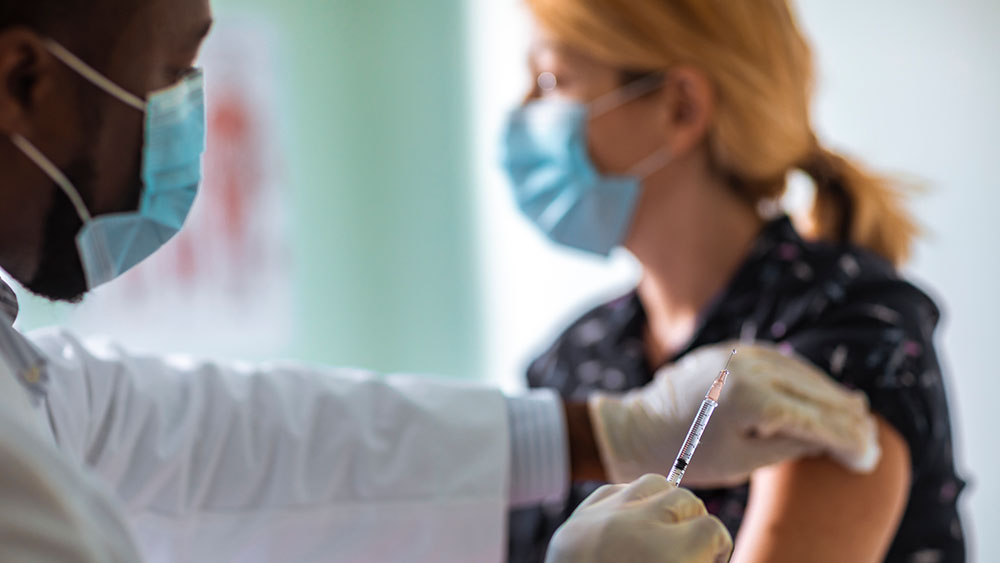
Researchers are studying the effects of the COVID-19 vaccine in people with severe allergies and mast cell disorders.

Researchers are studying the effects of the COVID-19 vaccine in people with severe allergies and mast cell disorders.
What you need to know
Our body’s immune system protects us from germs that could harm us. White blood cells called mast cells help warn the immune system about possible dangers. But sometimes the immune system and these cells can be overly sensitive, leading to strong reactions to things that should be harmless, like pollen, cats, or peanuts.
These allergies or mast cell disorders can also create life-threatening reactions to medicines. That’s why it’s important for researchers to test every new treatment or vaccine — including COVID-19 vaccines — in people with these conditions.
What are researchers doing?
In a trial sponsored by the National Institute of Allergy and Infectious Diseases, researchers are testing the safety of the Moderna and Pfizer-BioNTech COVID-19 vaccines in people with severe allergies and mast cell disorders.
The study will include 3,400 people between the ages of 18 and 69 — 60% with severe allergies or mast cell disorders and 40% without. Each participant will randomly be assigned the Moderna vaccine, the Pfizer-BioNTech vaccine, or a placebo to start. The vaccines will be given at allergy research centers, where the participants’ health can be closely monitored and treated. All participants in the study will eventually get a full course (two doses) of the vaccine, including people who were originally given the placebo. Three days after their first injection, the participants will get a follow-up call to check on their health and schedule a second appointment.
In addition to monitoring the participants’ health, the researchers will collect blood, urine, and nasal swab samples before each injection and blood and urine samples after each injection. The researchers can analyze these samples to learn more about how the immune system responds to the vaccine and whether there are common genetic features in people who have strong allergic reactions.
Why is this research important?
The COVID-19 pandemic is declining in the United States, thanks in large part to very effective new vaccines. The original clinical trials did not include people with severe allergies or conditions that could cause dangerous allergic responses to vaccines. This means that researchers cannot be sure that the vaccines are safe for people with these conditions to take. This study will help determine whether and how people with allergic and mast cell conditions can get vaccinated safely.
Where can I go to learn more?
COVID19 SARS Vaccinations: Systemic Allergic Reactions to SARS-CoV-2 Vaccinations (SARS)
- Researchers share information about the purpose and design of the clinical trial to test the safety of COVID-19 vaccines in people with severe allergies and mast cell disorders.
- The U.S. National Library of Medicine has collected basic facts about what allergies are, what can trigger them, and how they’re treated.
COVID-19 Vaccines for People with Allergies
- The Centers for Disease Control and Prevention (CDC) provide guidance and information on the COVID-19 vaccines for people with allergic conditions.
Sources
National Institutes of Health. (2021). NIH begins study of allergic reactions to Moderna, Pfizer-BioNTech COVID-19 vaccines. Retrieved June 18, 2021, from https://www.nih.gov/news-events/news-releases/nih-begins-study-allergic-reactions-moderna-pfizer-biontech-covid-19-vaccines.

News and Stories
Read stories about the efforts underway to prevent, detect, and treat COVID-19 and its effects on our health.
 An official website of the United States government
An official website of the United States government

